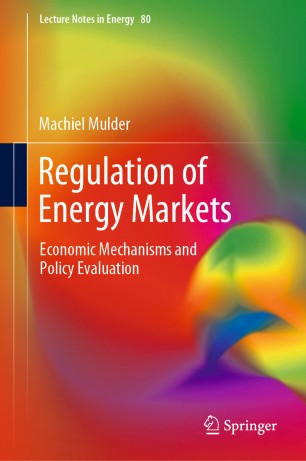

Most ebook files are in PDF format, so you can easily read them using various software such as Foxit Reader or directly on the Google Chrome browser.
Some ebook files are released by publishers in other formats such as .awz, .mobi, .epub, .fb2, etc. You may need to install specific software to read these formats on mobile/PC, such as Calibre.
Please read the tutorial at this link: https://ebookbell.com/faq
We offer FREE conversion to the popular formats you request; however, this may take some time. Therefore, right after payment, please email us, and we will try to provide the service as quickly as possible.
For some exceptional file formats or broken links (if any), please refrain from opening any disputes. Instead, email us first, and we will try to assist within a maximum of 6 hours.
EbookBell Team

4.7
96 reviewsThis textbook explains the main economic mechanisms behind energy markets and assesses how governments can implement policies to improve how these markets function. Adopting a micro-economic perspective, the book systematically analyses the various types of market failures on the electricity and gas markets as well as coal, oil, hydrogen and heat markets to identify government policies that can improve welfare. These shortcomings include the natural monopoly and the public-good character of energy infrastructures; market power resulting from inflexibility of supply and demand; international trade restrictions; negative externalities concerning the use of fossil energy; positive externalities concerning innovative new energy technologies; information asymmetries with regard to the product characteristics of energy commodities; and other public concerns, such as energy poverty.
In turn, readers will learn about various measures that governments can use to address these market failures, including incentive regulation for electricity grids; international integration of wholesale energy markets; environmental regulatory measures like emissions trading schemes; subsidy schemes for new technologies; green-energy certificate schemes; and energy taxes. Given its scope, the book will appeal to upper-undergraduate and graduate students from various disciplines who want to learn more about the economics and regulation of energy systems and markets.